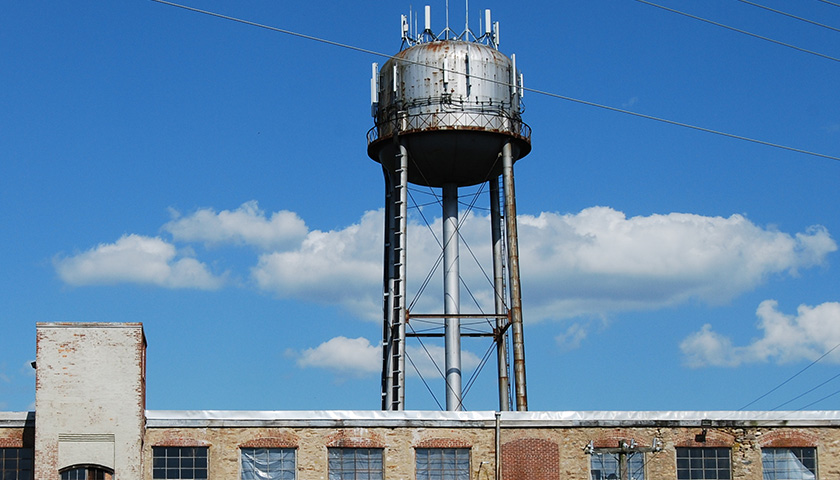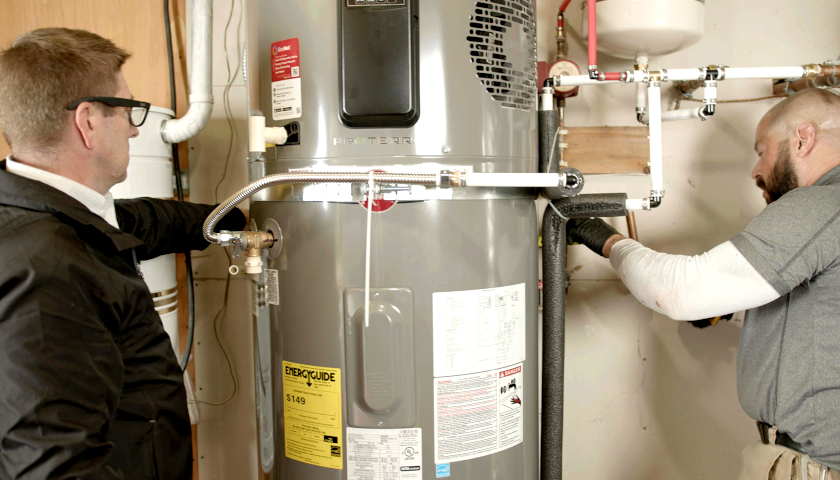by Kimberly James
The U.S. Environmental Protection Agency recently awarded Connecticut more than $53 million from the Infrastructure Investment and Jobs Act for water infrastructure improvements.
The state plans to use the funding for lead line replacement projects in New London and Waterbury, as well as PFAS treatment projects in New Fairfield and Danbury. Additional projects are slated for later funding.
PFAS, an acronym for per- and polyfluoroalkyl substances, are widely used, long lasting chemicals, components of which break down very slowly over time. Studies vary on their harmful effects; more is known about their impact on animals than on humans. PFAS, the Environmental Protection Agency says, “are found in water, air, fish, and soil at locations across the nation” and throughout the world.
Betsy Gara, executive director of the Connecticut Water Works Association, told The Center Square that Connecticut’s water companies face major challenges in replacing aging water infrastructure at a time when state and municipal funds are limited, and utilities are under pressure to minimize or postpone rate hikes in a difficult economy.
Additional challenges include identifying and replacing lead service lines, testing and treating public water supplies to address contaminants such as PFAS, hardening infrastructure to enhance resiliency, and modifying dams and distribution systems to make state-mandated stream flow releases.
“The additional federal funding is critical in helping water companies meet infrastructure challenges to provide customers with safe, reliable public supplies at a reasonable cost,” Gara said. “Given the significant costs associated with meeting these challenges and the tremendous benefit to public health, the environment and economic development, targeting federal funding to water infrastructure investment is a win-win.”
One such water utility, Connecticut Water Company, is the fourth largest in Connecticut and serves more than 105,000 connections across 60 towns through more than 60 non-interconnected water systems. As an investor-owned water utility, Connecticut Water has access to capital markets to help fund infrastructure investments and is not dependent on local, state, or federal funding, but does pursue Drinking Water State Revolving Funds.
“Connecticut Water Co. assets are sound, and we have maintained them by continually investing in drinking water infrastructure to deliver high-quality water and reliable service to customers and communities,” Daniel Meaney, director of public affairs and corporate communications for Connecticut Water Company, told The Center Square. “We have a long-standing practice of systematically investing in the systems, especially the replacement of aging water mains and investments in water treatment to meet increasingly stringent water quality standards.”
Meaney said about $60 million of the organization’s annual budget is invested in infrastructure, of which nearly half is dedicated to the replacement of water mains. This planned, programmatic action enhances water quality and service reliability and is less expensive and more reliable than responding to emergency water main breaks.
“Resiliency of our water systems and wastewater system, whether due to drought, climate change or other considerations, is factored into our short- and long-term planning,” Meaney said.
Meaney said Connecticut Water’s timely investments help to maintain systems and provide for the health and safety of customers, addressing the water supply needs before there are critical failures.
“As a public water and wastewater utility we know high-quality water and reliable water and wastewater service is essential to human health, economic development and public safety,” Meaney said. “The availability of reliable water supplies the quality of life and supports the local economy. The need for investment in drinking water infrastructure is much greater than the federal funds available, but it is a start, especially for those water utilities that have not been able to fully fund their infrastructure needs.”
– – –
Kimberly James is a contributor to The Center Square.
Photo “Connecticut Water Tower” by Marcbela. CC0 1.0.





